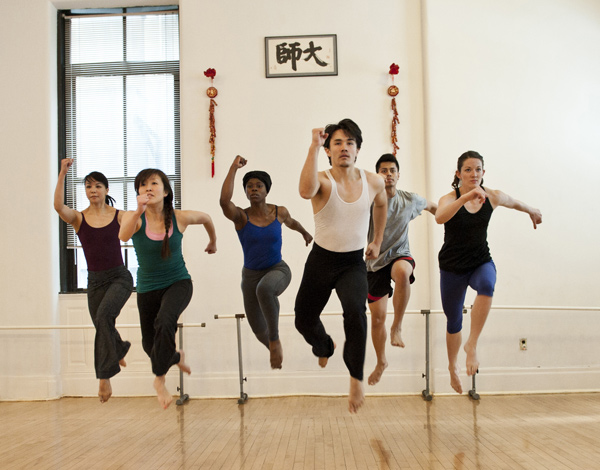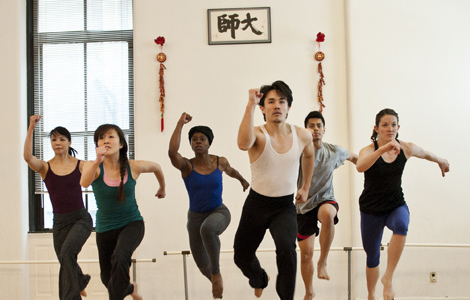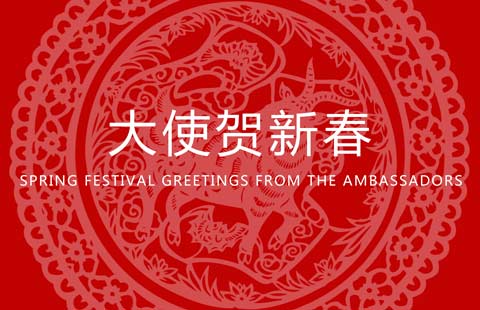Chinese in the South remembered
Updated: 2015-02-20 12:12
By Niu Yue in New York(China Daily USA)
|
||||||||
 |
|
Dancers from the Chen Dance Center (CDC) in New York perform in this file photo. Photo by Vlad Levitsky |
You may have heard of African Americans working on plantations in the Antebellum South or Chinese-American coolies laboring in California. Lesser known are the Chinese Americans who migrated to the South. A dance drama being performed on Saturday sheds light on this little-known part of American history.
The drama, called South of Gold Mountain, documents experiences of Chinese who settled in the Mississippi Delta area before World War II. Early Chinese settlers refer to the United States as the Gold Mountain, a term deriving from the Gold Rush era.
The drama covers a wide span of Chinese-American history, from the Chinese Exclusion Act of 1882, which banned all Chinese from US citizenship, to World War II. It pays tribute to the lives of Chinese who persevered quietly to make a difference in their communities.
After the Civil War, plantation owners in the South started to lure Chinese to the United States, as local African Americans were freed from slavery and no longer considered easy to control.
Apart from farming plantations, early Chinese immigrants to the South also widened the Augusta Canal and built railroads. Finding it hard to make money and feeling cheated by plantation owners, most Chinese Americans in the South switched to opening grocery stores, restaurants and laundries.
Caught between the White and African-American communities, they faced discrimination and even humiliation from both sides.
"The White thought of Chinese as people of color, and the people of color thought of Chinese as 'too light'. That's how they were living there," said H.T. Chen, artistic director of Chen Dance Center (CDC) in New York.
Together with CDC's associate director Dian Dong, he has been travelling extensively through the southern states since 2011, talking to immigrants and their descendants and collecting their accounts.
"All these stories are not in textbooks, so we want to use dance to let young people learn about American history," said Chen. "They are missing a part of the Chinese experience in America."
Children from local Chinese communities will be involved in the performance. "It is important to let them see, let them know, who their grandfather, grandmother or great grandparents are. I'm very proud that their lives can be known," he said.
The dance pays tribute to Chinese-American veterans of World War II, photos of whom will also be displayed. Dong said many Chinese Americans fought for the US in World War II, but their stories were seldom remembered. The presentation, she said, would bring history to life.
The performance on Saturday by the Chen Dance Center at Mississippi Delta Chinese Heritage Museum at Delta State University in Cleveland, Mississippi is part of a fund-raising effort by the museum. "We're happy to accept donations from these wonderful performances to support the history and heritage of the Mississippi Delta Chinese," said museum president Raymond Wong.
South of Gold Mountain will tour rural and urban Asian communities in the south, including Birmingham, Alabama, and Atlanta, Georgia.
Hong Xiao and Lu Huiquan in New York contributed to this story.
Most Viewed
Editor's Picks

|

|

|

|

|

|
Today's Top News
Chinese students, faculty to study at Missouri university
Andover to deepen China ties
Chinese in the South remembered
California port chief upbeat on agreement to end dock strike
NBA China CEO sees the sport proliferate
China tilts to Kabul with US pullout
No letup seen for business travel
Chinese visitors set to celebrate New Year worldwide
US Weekly

|

|
















